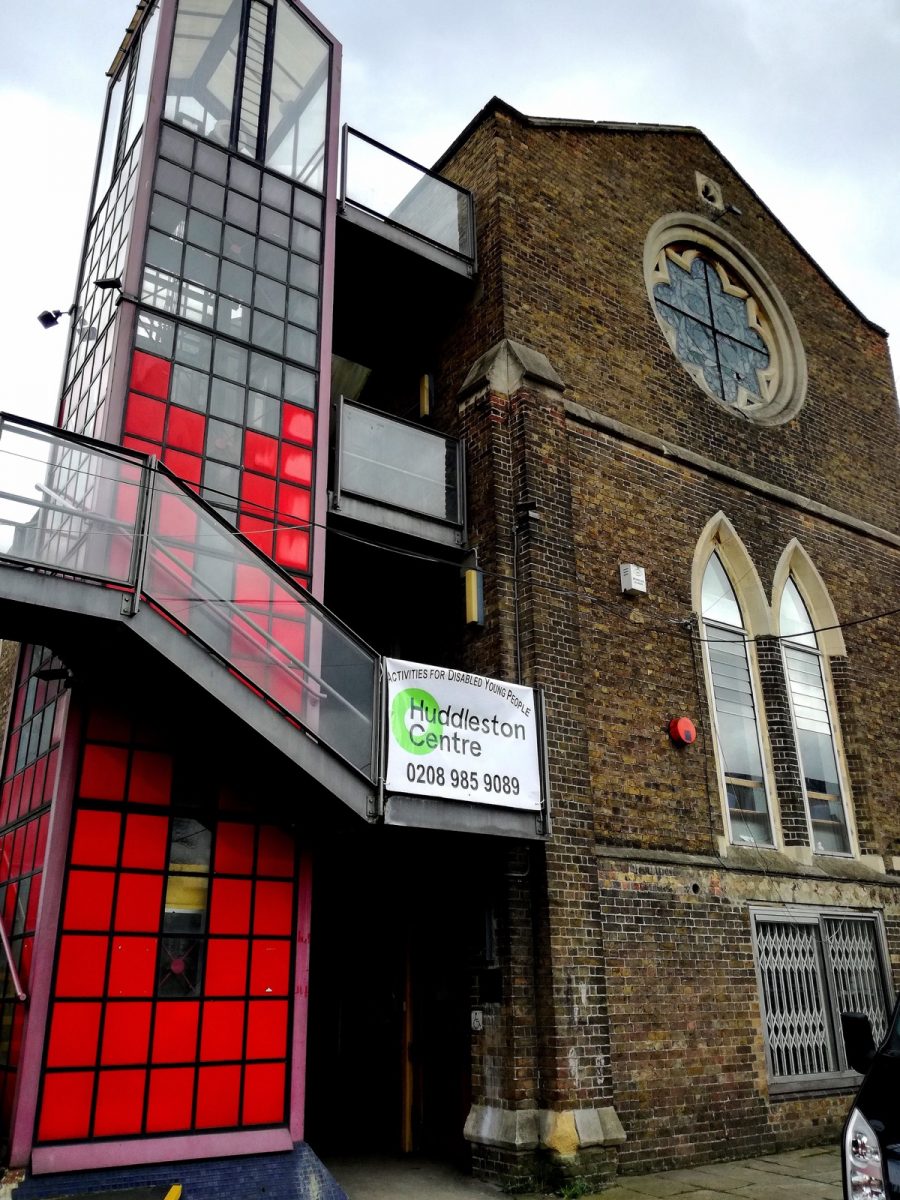Christine Wall
Collective Building and Design (CBD) was a worker’s co-operative of architects and builders based in inner London which operated successfully for over twenty years. As well as small-scale house conversions, they also designed and built substantial community projects such as the Huddleston Centre, a distinctive conversion of a disused church for the voluntary group Handicapped Children in Hackney. They were founded in 1974, a period when there was legal support (Industrial Common Ownership Act), financial and organisational support (ICOM and ICOF) and local support (CDAs) for worker’s co-operatives. Co-ops also flourished in the vibrant alternative counter-cultural environment originating in the socio-political upheavals of the 1960s. Despite this supporting infrastructure there were very few building co- ops and CBD is significant for its success and longevity.
This project aims to reinstate the history of twentieth century building workers’ co-ops into the history of the built environment in UK. Using CBD as a case study, a number of oral history recordings will be assembled of ‘insider’ accounts of collective, co-operative working in built environment occupations.
Inter views are important to allow a multiplicity of viewpoints, including: the effect of working in CBD on subsequent working life; the problems and strengths of collective working; and the opportunity to articulate, and reflect, on the experience of working in a non-hierarchical collective.
Alongside the oral history recordings, through documentary research a full record of CBD’s built and unbuilt works will be collated, and an accessible repository created to highlight the co-op’s collective working practices, designs and built output.
In collaboration with the wider project, TF/TK and Production Studies, a booklet on CBD will be produced. With the agreement of the participants, a suitable, and sustainable, archive for the deposit of the oral recordings and other material will be found to provide wider access in perpetuity.










